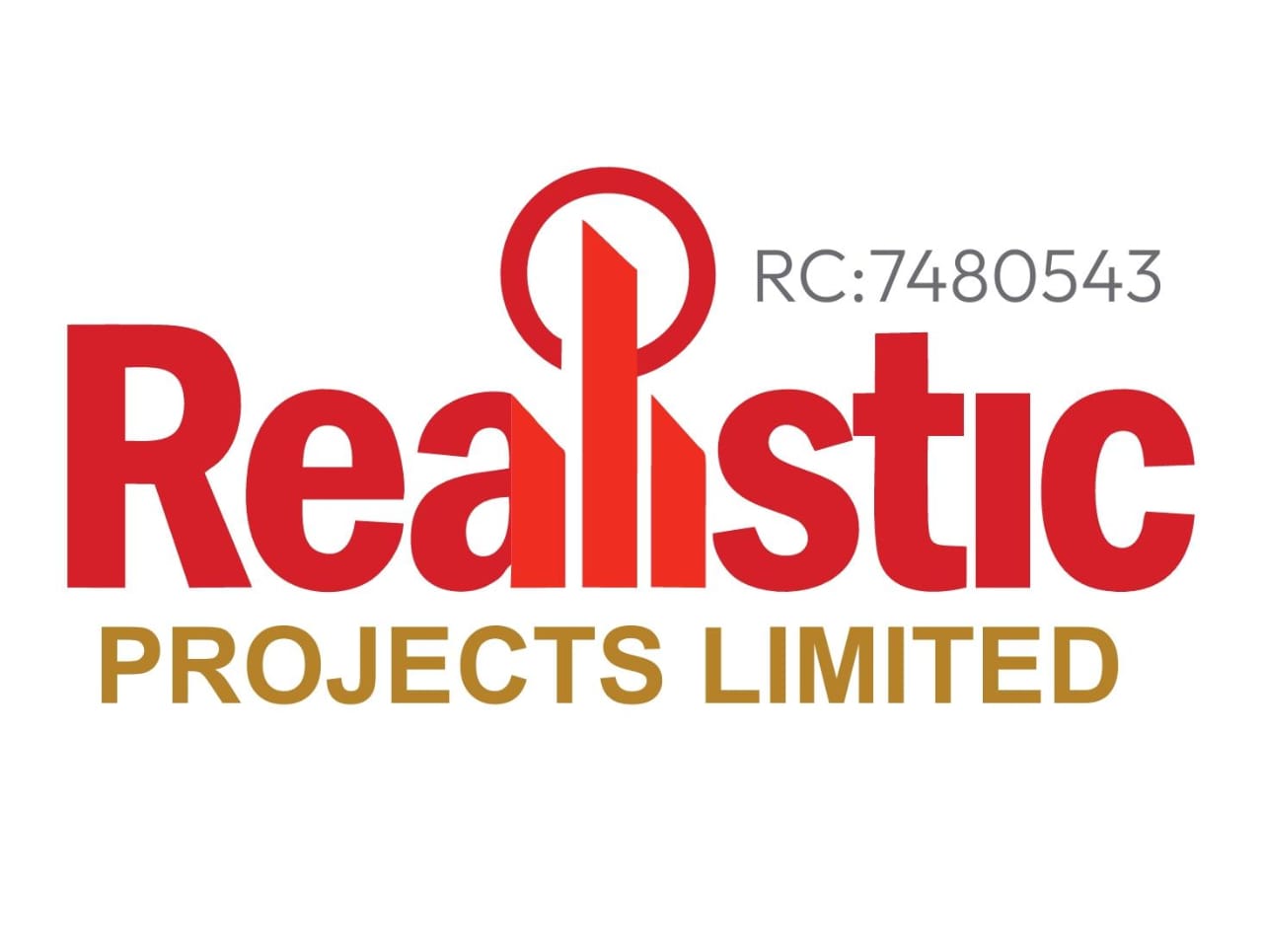
The construction industry has always been shaped by technological advancements, from the invention of concrete in ancient Rome to the rise of computer-aided design (CAD) in the 20th century. However, few innovations have disrupted the field as rapidly as drones—unmanned aerial vehicles (UAVs) that have transformed the way buildings are planned, monitored, and managed.
A Brief History of Drones in Construction
Drones, originally developed for military reconnaissance in the early 20th century, have found their way into various industries, including agriculture, filmmaking, and security. By the early 2000s, commercial drones began to emerge as tools for aerial photography, but it was not until the last decade that they became widely adopted in construction.
In developed markets, drones quickly became essential for large-scale projects, offering real-time aerial mapping, site inspections, and safety monitoring. In Nigeria, the adoption has been slower due to regulatory concerns and cost barriers, but the tide is shifting. As real estate developers, architects, and construction firms recognize the efficiency gains drones offer, they are increasingly integrating UAV technology into their operations.
The Benefits of Drones in Nigerian Construction Projects
For Nigerian developers, the integration of drones presents a range of advantages that can enhance efficiency, safety, and cost-effectiveness. Here are some of the key benefits:
- Improved Site Surveying and Mapping
Traditional surveying methods are time-consuming and costly. Drones equipped with LiDAR and high-resolution cameras can capture detailed topographic data in a fraction of the time, making land assessments faster and more accurate. - Enhanced Project Monitoring
In a country where construction delays are common due to logistical challenges and oversight gaps, drones provide a solution by offering real-time progress updates. Developers and investors can remotely monitor projects without being physically present on-site. - Increased Safety and Risk Management
Safety hazards are a major concern in Nigeria’s construction sector, where regulatory enforcement is often weak. Drones help identify potential risks, such as unstable structures or unsafe work practices, before they lead to costly accidents. - Cost Savings
While drone technology requires an initial investment, it ultimately reduces costs by optimizing resource allocation, preventing rework, and improving efficiency. In a competitive market like Nigeria, where budget constraints are significant, these savings can be invaluable. - Better Marketing and Client Engagement
Developers can leverage drone footage to showcase projects from unique aerial perspectives, offering potential buyers and investors an immersive view of properties under development. This is particularly useful in high-value real estate markets such as Lagos and Abuja.
Challenges and Limitations
Despite the advantages, drone adoption in Nigeria’s construction industry faces several challenges:
- Regulatory Restrictions
The Nigerian Civil Aviation Authority (NCAA) has strict regulations regarding drone usage, requiring permits and approvals that can be difficult to obtain. Compliance with these laws is essential to avoid legal complications. - High Initial Costs
Quality drones with advanced mapping capabilities can be expensive, making them a significant investment for smaller firms. Additionally, trained personnel are required to operate them effectively. - Limited Local Expertise
While drone technology is growing in Nigeria, skilled operators and data analysts are still relatively scarce. This can lead to reliance on foreign consultants, increasing costs and reducing local employment opportunities. - Security Concerns
The risk of drone theft or misuse is a valid concern, particularly in areas with high crime rates. Proper security measures, such as geofencing and encrypted controls, are necessary to protect both the device and its data.
The Future of Drones in Nigerian Construction
As technology advances and regulatory frameworks evolve, drones are expected to play an even greater role in Nigeria’s construction industry. With increasing awareness and investment in digital construction tools, developers who adopt drone technology early will have a competitive edge in delivering efficient, safe, and cost-effective projects.
For companies like Realistic Projects Limited, embracing drone technology aligns with a vision of innovation and excellence in construction. Whether for large-scale commercial projects or residential developments, the future of Nigerian construction is in the sky.
If you’re looking to integrate drone technology into your next project or need expert consultation on innovative construction solutions, contact us today at Realistic Projects Limited. Let’s build smarter, safer, and more efficiently—one aerial view at a time.



Leave a Reply